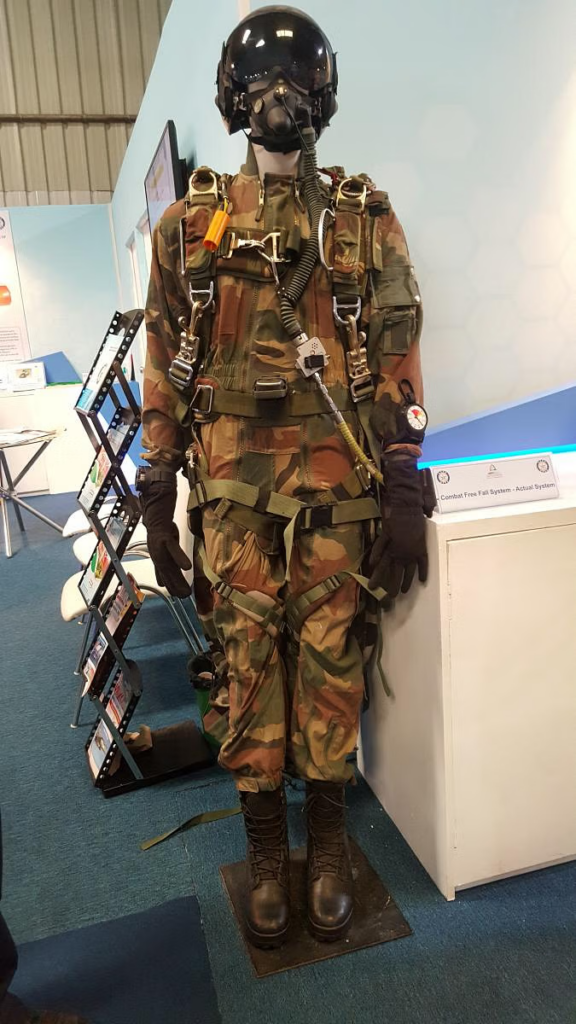INTRODUCTION
Bioengineered combat uniforms use nanotechnology, self-healing materials, adaptive camouflage, and AI-integrated sensors to enhance soldier protection, survivability, and performance.
These uniforms will be far more advanced than today’s Kevlar vests, offering smart adaptability and real-time battlefield support.

KEY TECHNOLOGIES
1️⃣ Self-Healing Nanomaterials
✅ Bulletproof & Self-Repairing Fabric – Uses nano-polymers that react to small cuts and tears by fusing back together within seconds.
✅ Gel-Based Wound Sealing – Uniform releases a clotting agent upon bullet or shrapnel impact, instantly sealing wounds to prevent excessive bleeding.
2️⃣ Adaptive Camouflage & Metamaterials
✅ Chameleon-Like Color Change – Inspired by octopuses, the fabric adjusts colors and patterns based on surroundings.
✅ Infrared & Thermal Signature Reduction – Metamaterials deflect heat and electromagnetic waves, making soldiers harder to detect by night vision or drones.
3️⃣ AI-Integrated Health Monitoring
✅ Built-In Biometric Sensors – Tracks heart rate, hydration, blood loss, and fatigue levels.
✅ Smart Injury Detection – AI detects wounds and triggers automated medical responses (like injecting painkillers or clotting agents).
✅ Wireless Communication with Medics – Sends real-time injury data to field hospitals for faster emergency response.
4️⃣ Exoskeleton Integration for Strength & Endurance
✅ Lightweight Assistive Frame – Enhances soldier mobility and reduces fatigue.
✅ Strength Amplification – Allows troops to carry more weight without exhaustion.
✅ Shock Absorption – Protects joints from heavy impacts (like jumping from heights).
5️⃣ Anti-Chemical & Bio-Warfare Defense
✅ Self-Cleaning Fabric – Destroys chemical & biological contaminants upon contact.
✅ Embedded Air Filtration – Provides clean air in case of toxic gas exposure.
ADVANTAGES OF COMBAT UNIFORMS
✅ Stronger than Kevlar – Offers better protection against bullets, shrapnel, and explosions.
✅ Reduces Battlefield Casualties – Faster wound treatment increases survival chances.
✅ Improves Soldier Endurance – Reduces weight, boosts mobility, and enhances physical performance.
✅ Multi-Environment Adaptability – Effective in urban, jungle, desert, and arctic warfare.
MILITARY AND CIVILIAN APPLICATIONS
⚔ Special Forces & Infantry – Enhanced protection in high-risk combat zones.
🚔 Police & Security Forces – Tactical uniforms for SWAT and riot control units.
🏥 Medical & Rescue Operations – Could assist medics and firefighters in dangerous environments.
CHALLENGES AND FUTURE DEVELOPMENT
⚠ High Production Costs – Advanced nanomaterials and AI systems are expensive.
⚠ Power Supply Issues – Requires long-lasting, lightweight energy sources for AI sensors.
⚠ Durability Concerns – Needs to maintain functionality after extreme wear and tear
